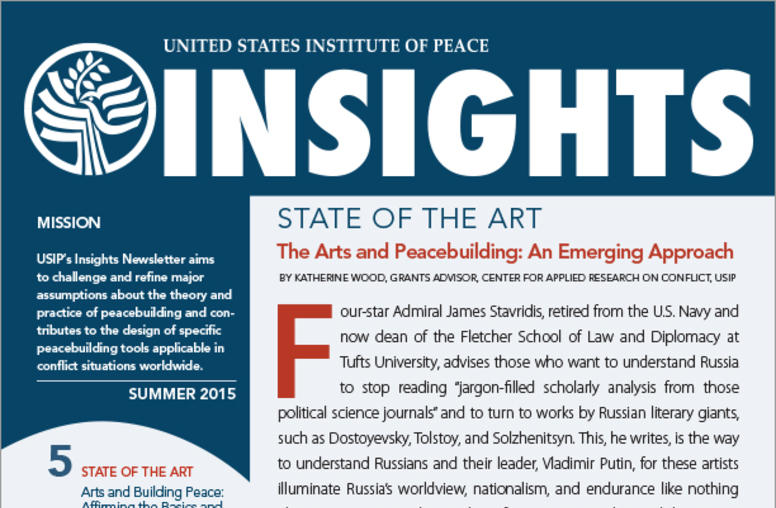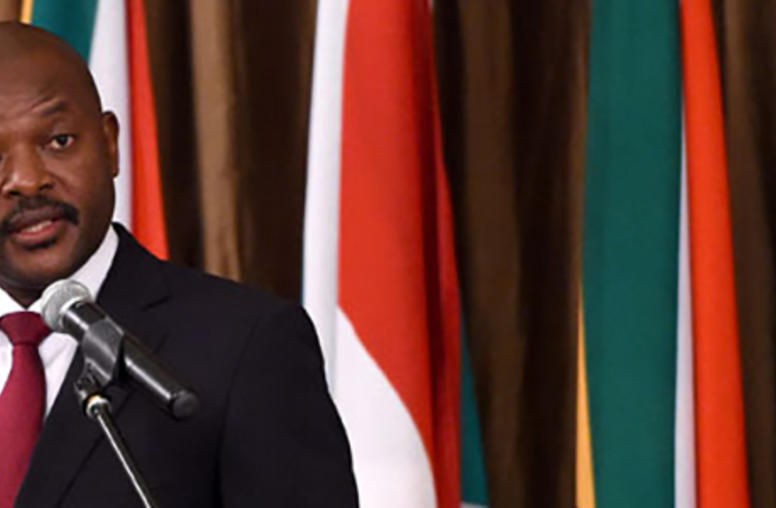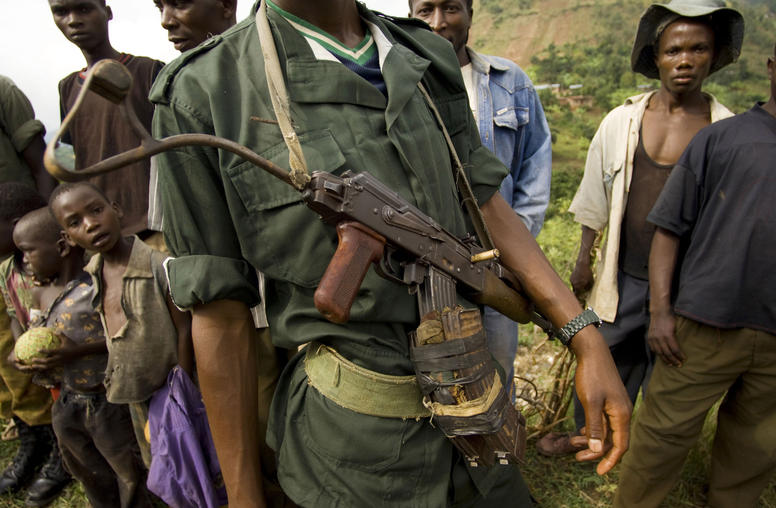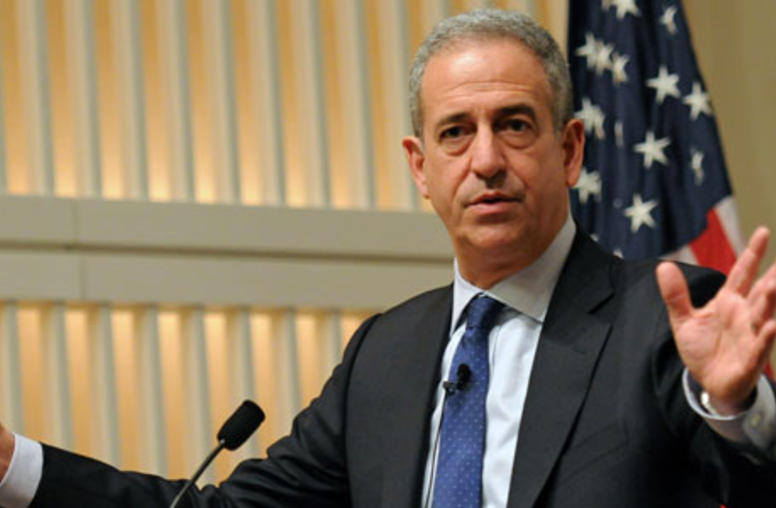Preventing Genocide in Burundi: Lessons from International Diplomacy
Peaceworks No. 22
Since 1993, interethnic violence between the 15 to 20 percent Tutsi minority and the 80 to 85 percent Hutu majority in Burundi has taken an estimated 150,000 lives. An examination of the international response to the crisis furnishes valuable lessons for peacemaking in Burundi and other areas of genocidal conflict.
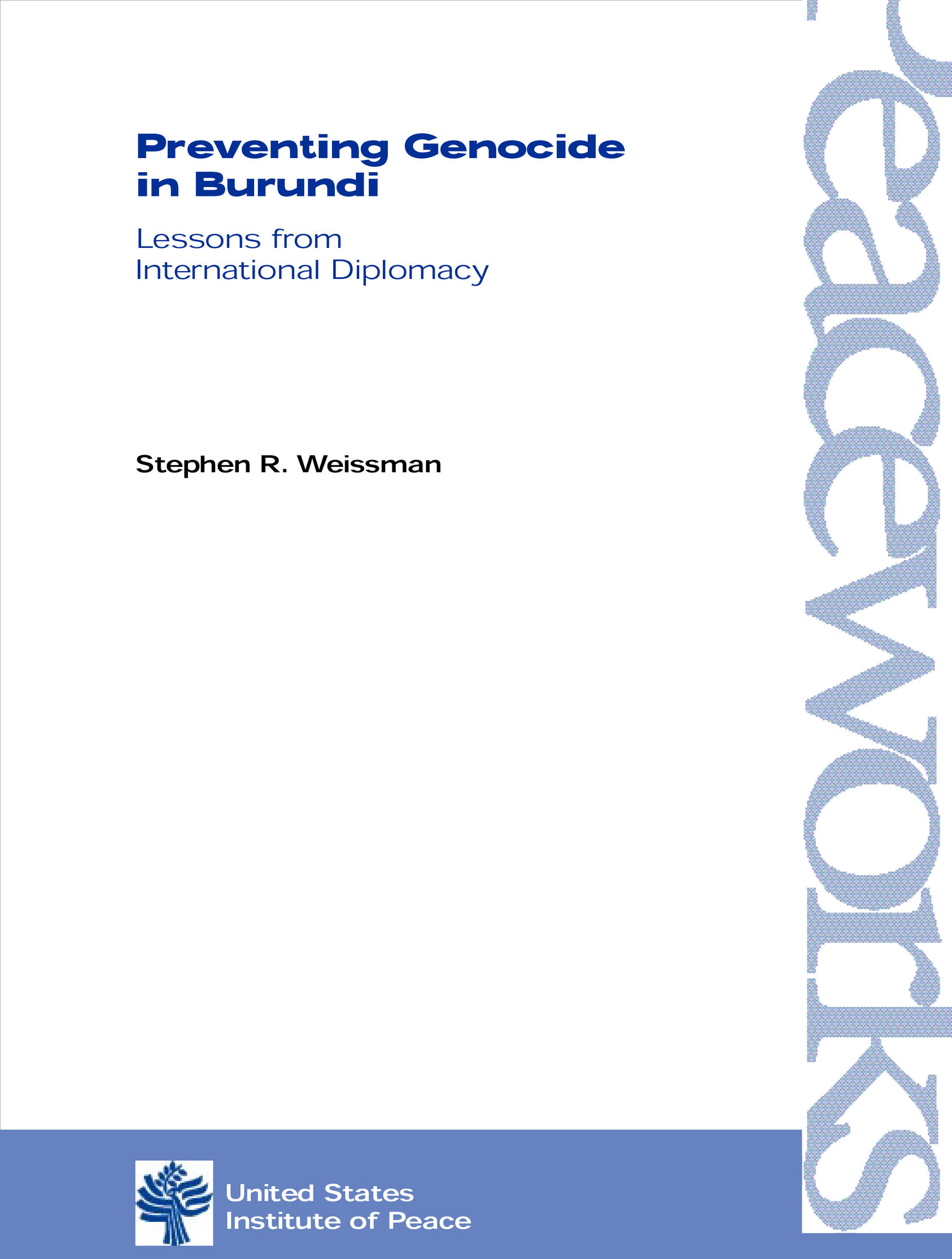
Since 1993, interethnic violence between the 15 to 20 percent Tutsi minority and the 80 to 85 percent Hutu majority in Burundi has taken an estimated 150,000 lives. The continuation of the conflict helps place tens of millions of people at risk in Central Africa and erodes the international norm against genocide. Despite considerable time and effort, the world's peacemakers have been unable to stop the bloodshed and facilitate a political settlement. An examination of the international response to the crisis furnishes valuable lessons for peacemaking in Burundi and other areas of genocidal conflict.
A long-term political settlement that took adequate account of Burundian history and circumstances would have three basic characteristics: (1) a form of democratic power sharing that was more majoritarian than consociational but provided significant protection for minority security and economic interests; (2) measures to address collective fears and memories of genocide by acknowledging past crimes and fixing individual responsibility for them; and (3) impartial outside military forces sufficient to control the Burundian military until it is reformed and ethnically integrated. However, as the democratization and power-sharing movements of the early 1990s indicated, a settlement is unlikely to develop without substantial international pressure and assistance. The lesson of these movements' tragic demise is that outside carrots and sticks must be focused on obtaining the engagement of all important parties, especially the powerful extremists, in compromise political negotiations.
Stephen R. Weissman received his Ph.D. in political science from the University of Chicago and taught at Fordham University, the Université Libre du Congo, and the University of Texas at Dallas before joining the staff of the U.S. House of Representatives' Subcommittee on Africa (1979–91), where he became staff director. Weissman has been education program officer with the Ford Foundation, senior associate at the Carnegie Endowment for International Peace, senior governance adviser to the U.S. Agency for International Development, and a professor at Howard University. He is the author of A Culture of Deference: Congress's Failure of Leadership in Foreign Policy , and American Foreign Policy in the Congo, 1960–1964.
